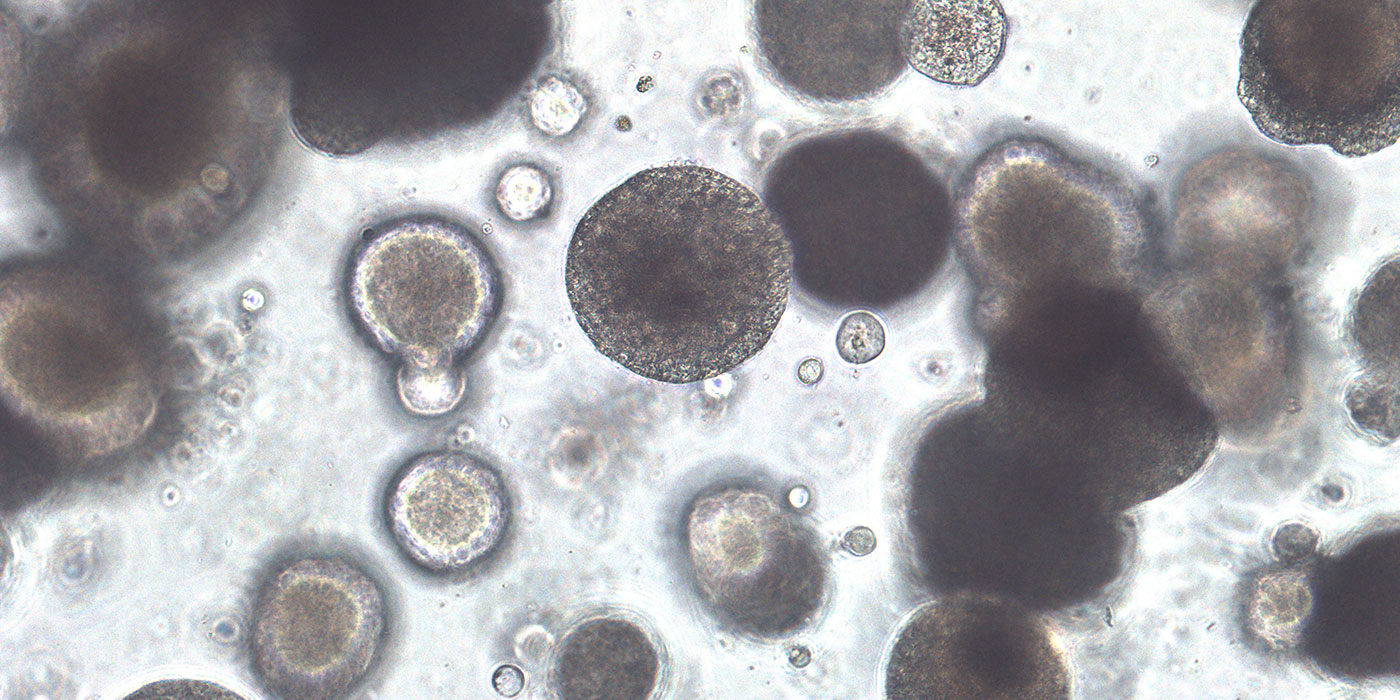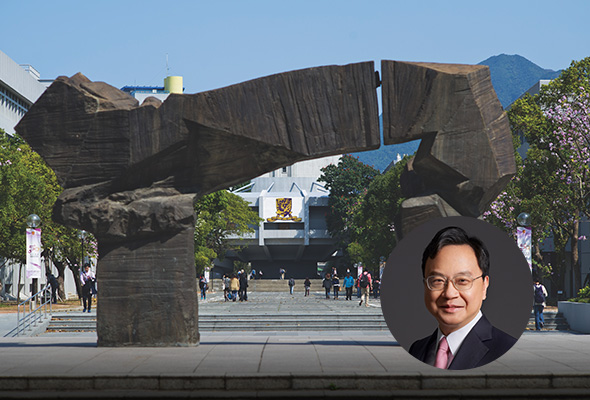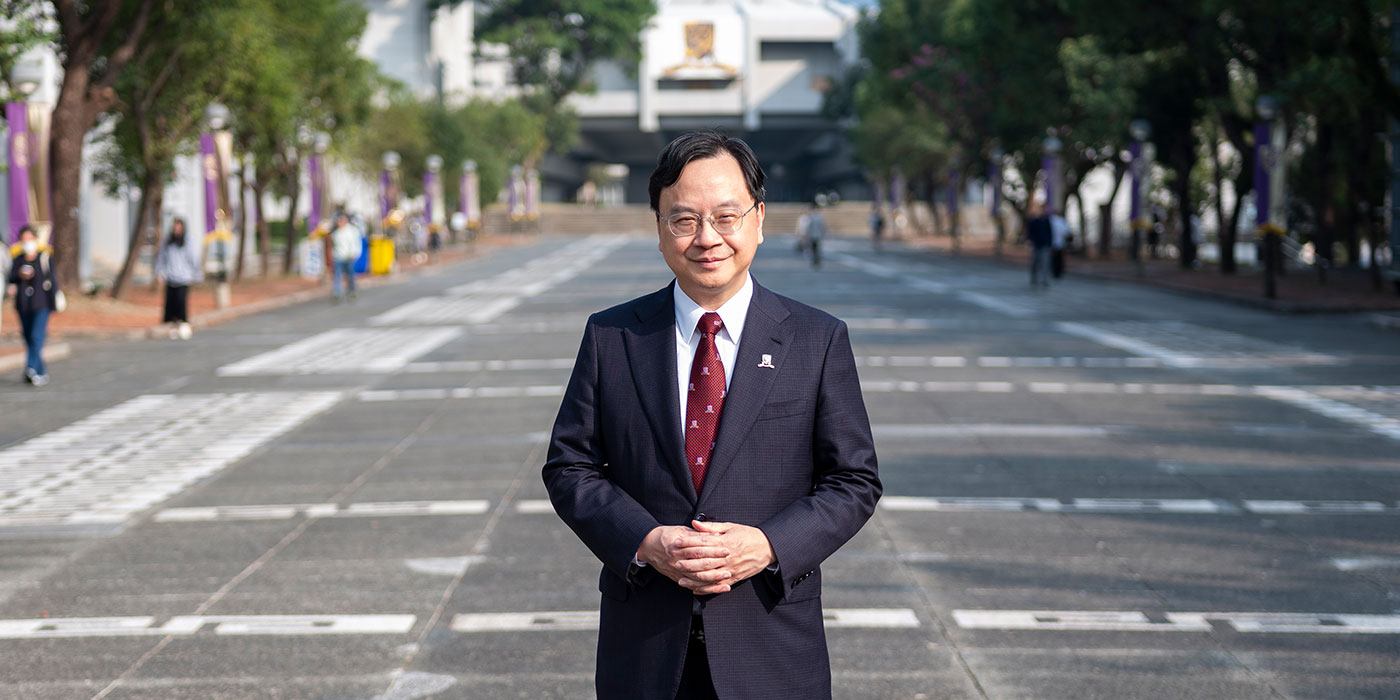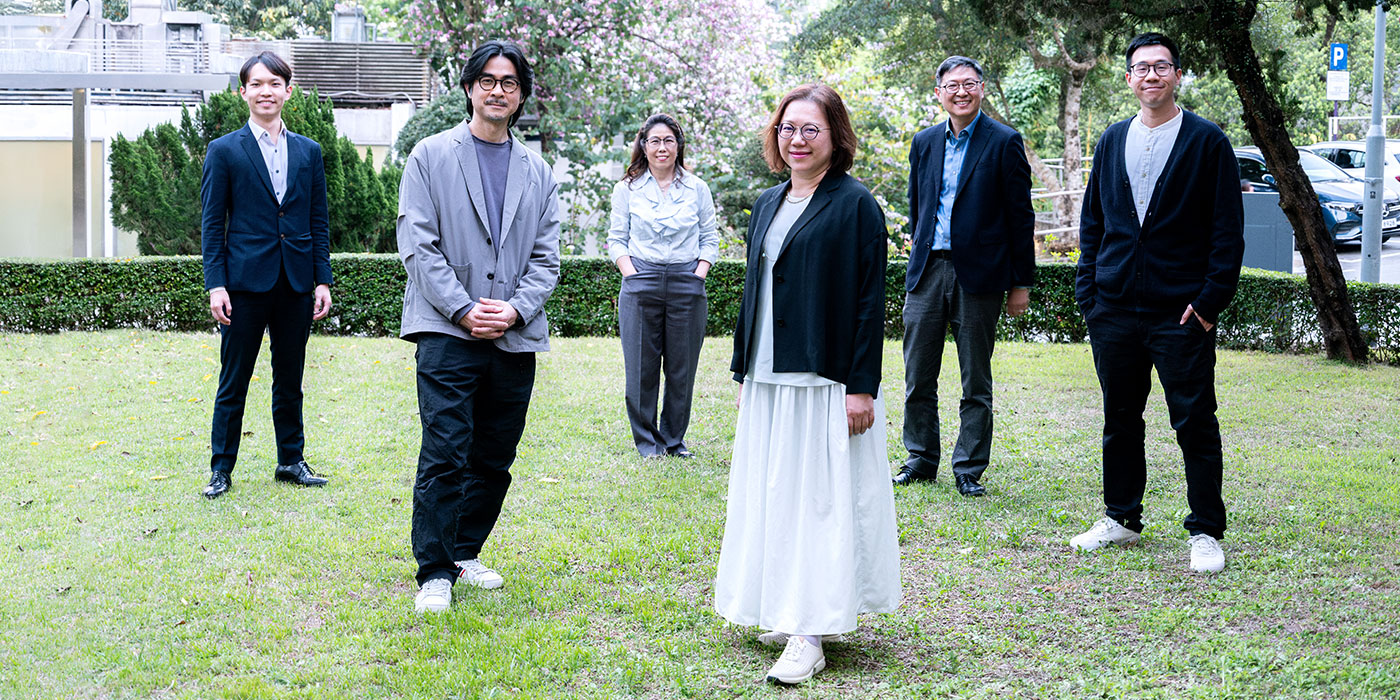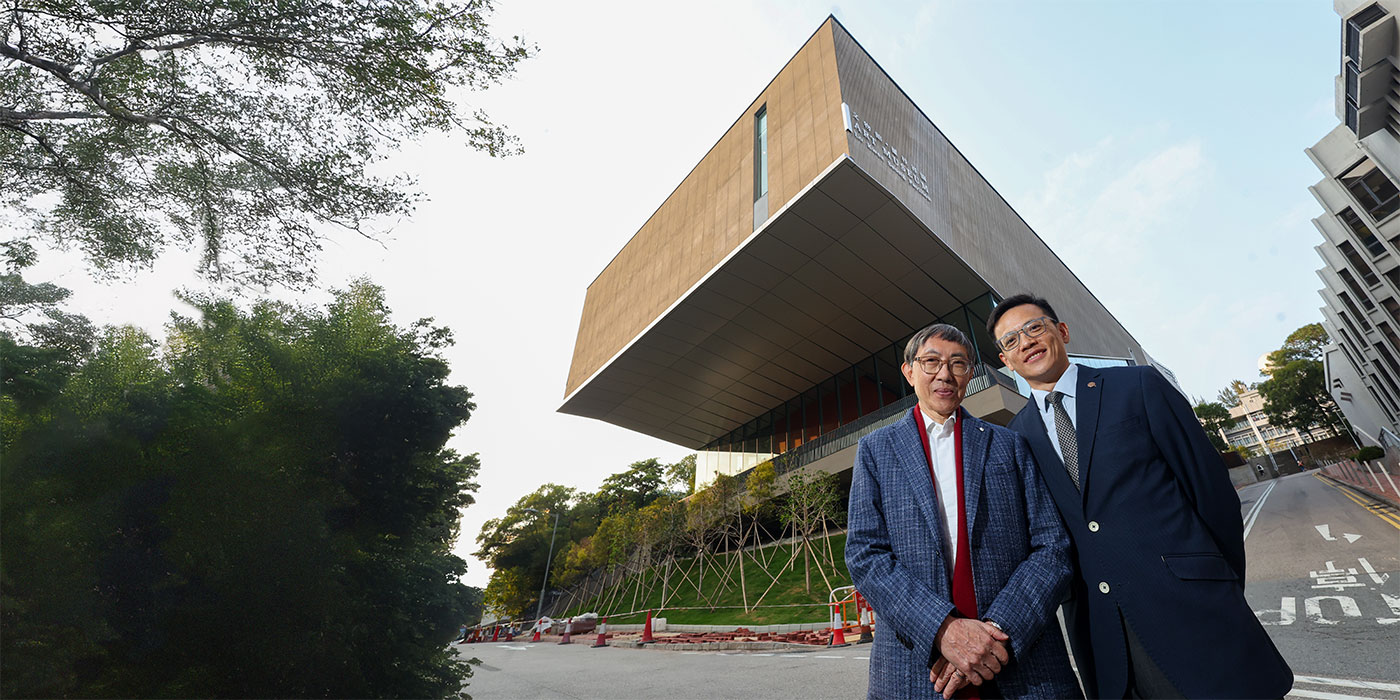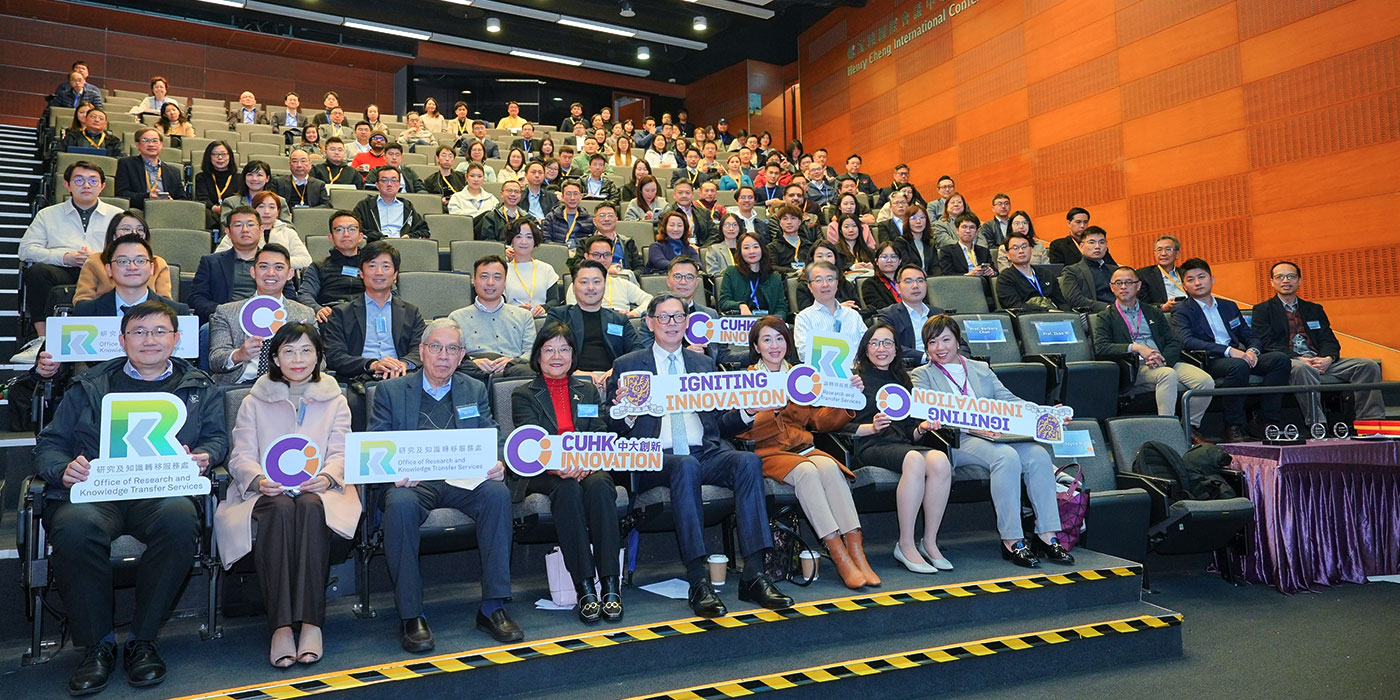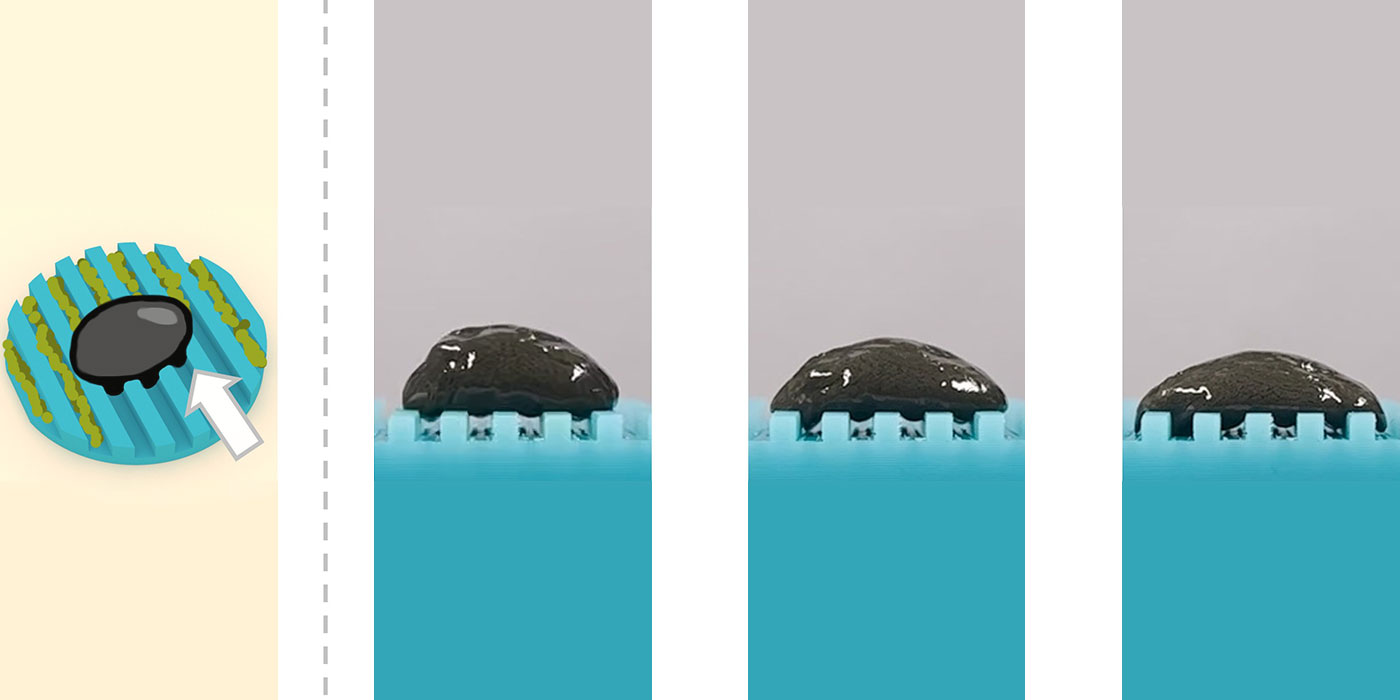CUHK launches Asia’s first organoid biobank for bladder cancer
Transforming cancer treatment with customised organoids for personalised drug testing
16 April 2025
The Faculty of Medicine (CU Medicine) has established the first organoid biobank derived from Asian bladder cancer patients, offering new hope for precision treatment and marking a milestone in oncology research and drug development.
The journey of navigating treatment options for bladder cancer, among the ten most common cancers globally, can be challenging. Patients often face multiple trials, enduring prolonged and sometimes ineffective treatments.
In a groundbreaking advancement, the research team of Ng Chi-fai, Tzu Leung Ho Professor of Urology from the Department of Surgery’s Division of Urology, demonstrates through drug screening tests of various conventional chemotherapeutic and targeted therapy drugs that organoid technology—a method that uses patient-derived stem cells to cultivate three-dimensional cell structures, functioning as in vitro miniature organ models—can enable doctors to unravel tumour’s genetic mutations, progression, and conduct drug screening effectively.
This breakthrough paves the way for a “test-before-treatment” strategy, which, through minimally invasive biopsies, enables patients to undergo personalised drug screening in vitro. This novel approach not only reduces the risk and adverse side effects of ineffective treatments but also significantly shortens the time required to identify the most suitable therapy, thereby enhancing the precision of cancer treatment.
CUHK has established Asia’s first bladder cancer organoid biobank, featuring 36 tumour models derived from local patient samples. According to the first author of the research Dr Zhao Hong-da, a postdoctoral fellow from the Division of Urology in the Department of Surgery at CU Medicine, as Asian and Western populations vary significantly in their tumour genetic mutation, treatment responses and survival rates, the new Asian-based biobank will help local doctors provide more precise prognoses and treatments. Ultimately, it aims to improve clinical trial success rates and accelerate the development of innovative therapies, thereby benefiting more patients in Hong Kong and other regions in Asia.
Details of the research have been published in the internationally renowned journal Advanced Science.

